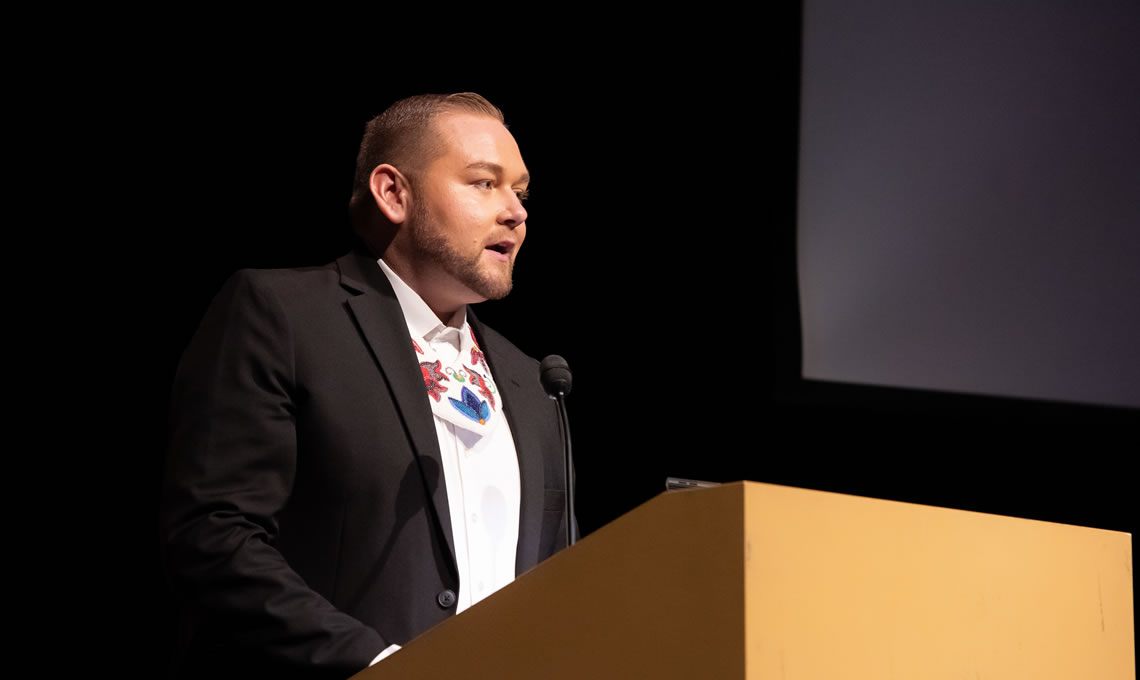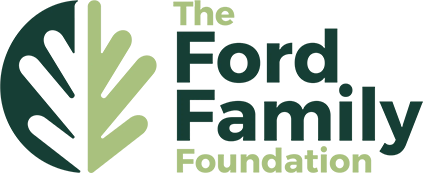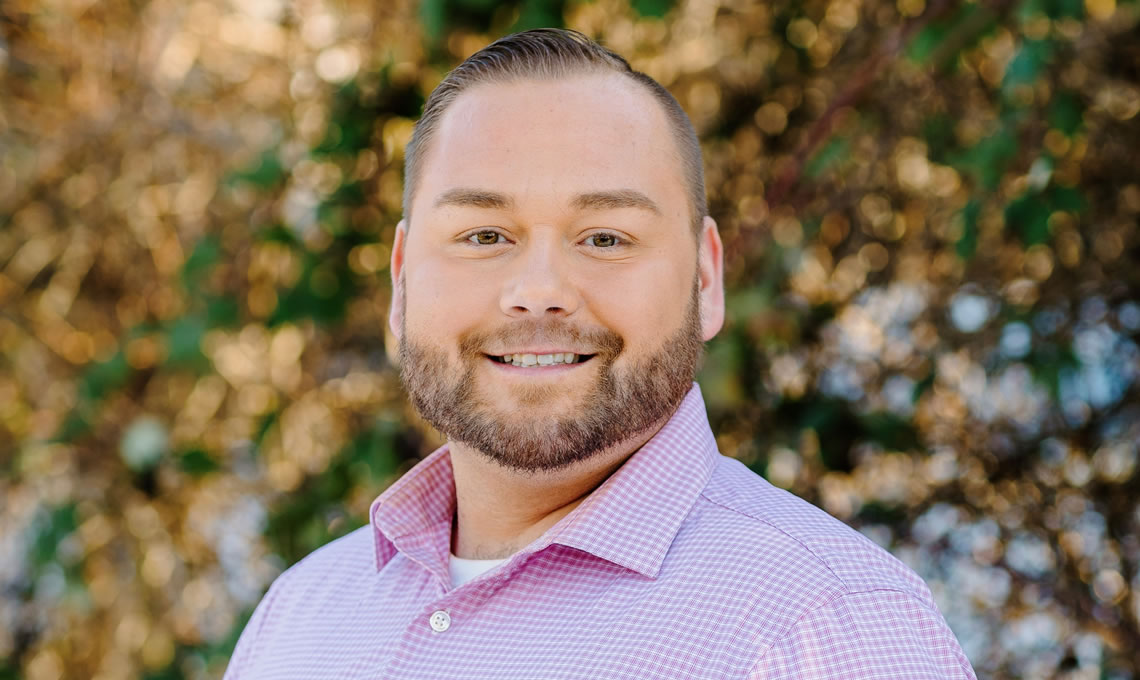How Ford Scholar Class of 2014 Will Miller connected with his history to create his future
Six-year-old Will Miller sat in timeout at his aunt’s bay window. He found himself there quite a bit, the place he was sent when he’d been unruly. There wasn’t much to do or focus on—just the urban Portland scenery outside and the TV inside, which always seemed to show CNN.
From the vantage point of this window, Miller watched the network’s political pundits chatter. He watched so frequently that he began to recognize the issues, political parties and personalities. Eventually he began to actually find the news coverage interesting.
He started imagining himself as a political influencer. He saw ordinary people doing important things and thought: Maybe that could be me.
Before long, Miller sought out political news and information. He even got directly involved, knocking on doors during the 2004 presidential campaign. This future community leader started participating in democracy more than a decade before he’d be able to vote — laying the foundation for his accomplishments since.
Community belonging provides a stable foundation for growth
One of seven siblings, Miller describes his family as non-traditional. For much of his childhood, his older brothers lived with his father while he and his sister lived with his mother. When Miller was entering his freshman year at Troutdale’s Reynolds High School, his father passed away from an accidental overdose. The following year, his older brother was murdered over a drug deal. Another older sibling was spending time in prison.
He remembers this challenging phase of his life as a time for deciding—for confronting his reality and assessing his options. “I was kind of at this point where I could do what I knew and follow the cycle,” he says, “or I could make a conscious effort and break it.”
Soon Miller got involved in student government, and the evidence of his turnaround was reflected in his school transcripts. “As a freshman I failed everything, even P.E.,” he says. “But getting involved outside the classroom was a retention tool for me. I was responsible for something more than just my studies.”
Meanwhile, Miller found connection through his Indigenous communities. He hadn’t been in touch with his Blackfeet and Cherokee roots as a young kid, he recalls, but he got involved with the Native American Youth and Family Center, a non-profit organization based in Portland.
When NAYA moved to its current location in Northeast Portland, the first event at the Center was his father’s traditional Native American funeral ceremony. Miller says his father’s passing had become a vehicle for him to continue connecting with his heritage, his identity and who he wanted to become.
Building momentum to college and beyond
Miller’s academic momentum carried him to Mt. Hood Community College. He was on a trajectory to a four-year college degree, but not before being confronted with additional barriers.
The Ford Family Foundation scholarship came at the right time.
In 2013, Miller earned his associate degree, and by the next year was a Ford Scholar. This meant, among other things, that he had a choice: He could go to nearby Portland State University as he had always assumed he would or he could set his sights farther away. As the first member of his family to complete college, this was an important opportunity. He chose the stretch option and enrolled at Oregon State University to study political science with a focus on law and policy.
“The one steadfast thing through college for me was The Ford Family Foundation,” Miller says. “They really do want to make sure you succeed. They’re investing in you in ways far beyond the scholarship itself.”
At Oregon State, Miller was elected president pro-tempore of the student senate. He also helped Corvallis become the sixth city in the United States to change Columbus Day to Indigenous People’s Day. He contributed to the Kaku-Ixt Mana Ina Haws, a student-run organization that provides a sense of home and community for Indigenous students to help preserve their Indigenous identities while in college.
After graduation, Miller went to work for Tawna Sanchez, the second Native woman ever elected to the Oregon House of Representatives. He also started his own political consulting firm.
These experiences, according to Miller, showed him that a single devoted person can make a difference to entire communities. He was determined to be that devoted person.
Growing his impact
In early 2022, Miller became NAYA Action Fund’s executive director at 29 years of age. He manages all legal and financial operations for the non-profit political advocacy organization, including outreach and strategy, and serves as the liaison between the organization, its board and the community they serve. A highlight of this role has been working with the Portland Winterhawks hockey team to change their logo, which for years had used a racist caricature of a Native American man. Through a complex and in-depth process, they came to a new branding posture that is a resolute departure from the earlier depiction. The new logo is a dramatic bird of prey with head feathers that cleverly outline Mount Hood.

Will Miller speaking at the NAYA Gala in 2022
“Working for the NAYA Family Center and the NAYA Action Fund means so much more than a job. It’s my culture,” Miller says. “I go to work, and I go to another family.”
What began as a seed of interest as a child blossomed in him thanks to the positive influence of community.
Miller’s background and experiences have brought into focus his identity as not just something he innately holds and can cherish — it’s also something created and shared alongside others.
Learn about the Ford Scholars Program and encourage the young people in your life to pursue higher education and apply at tfff.org/scholarships.

